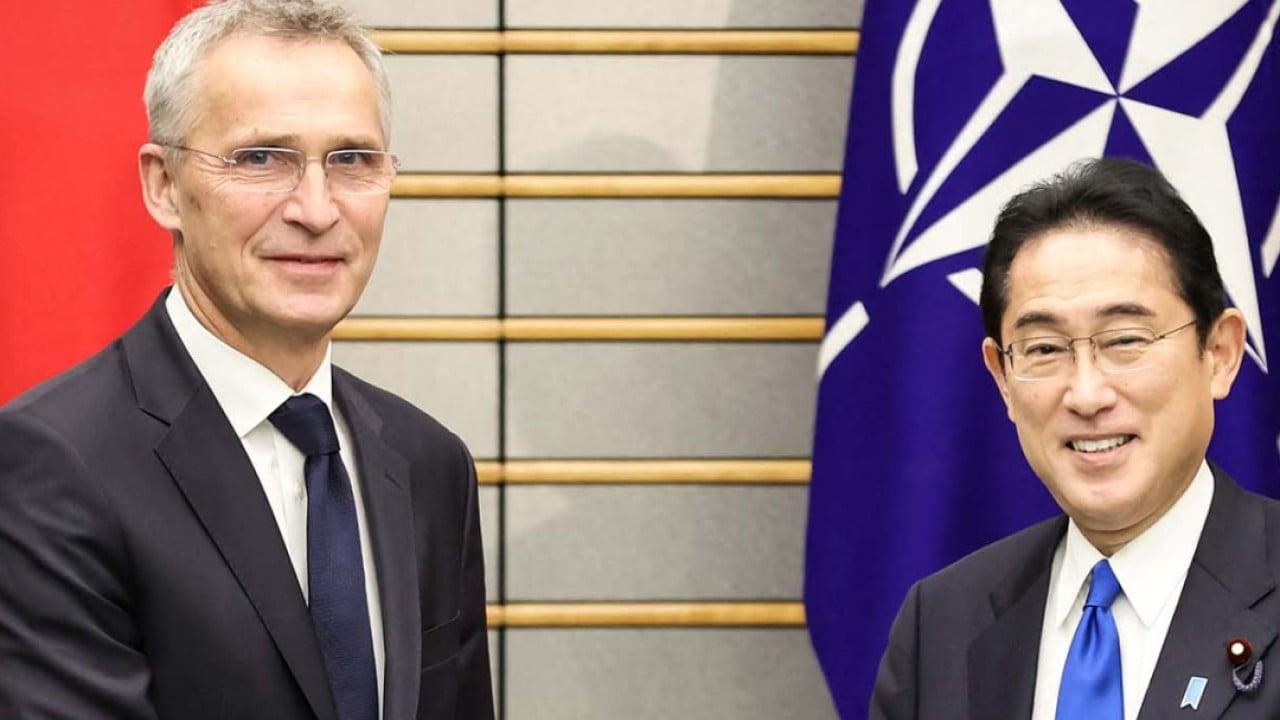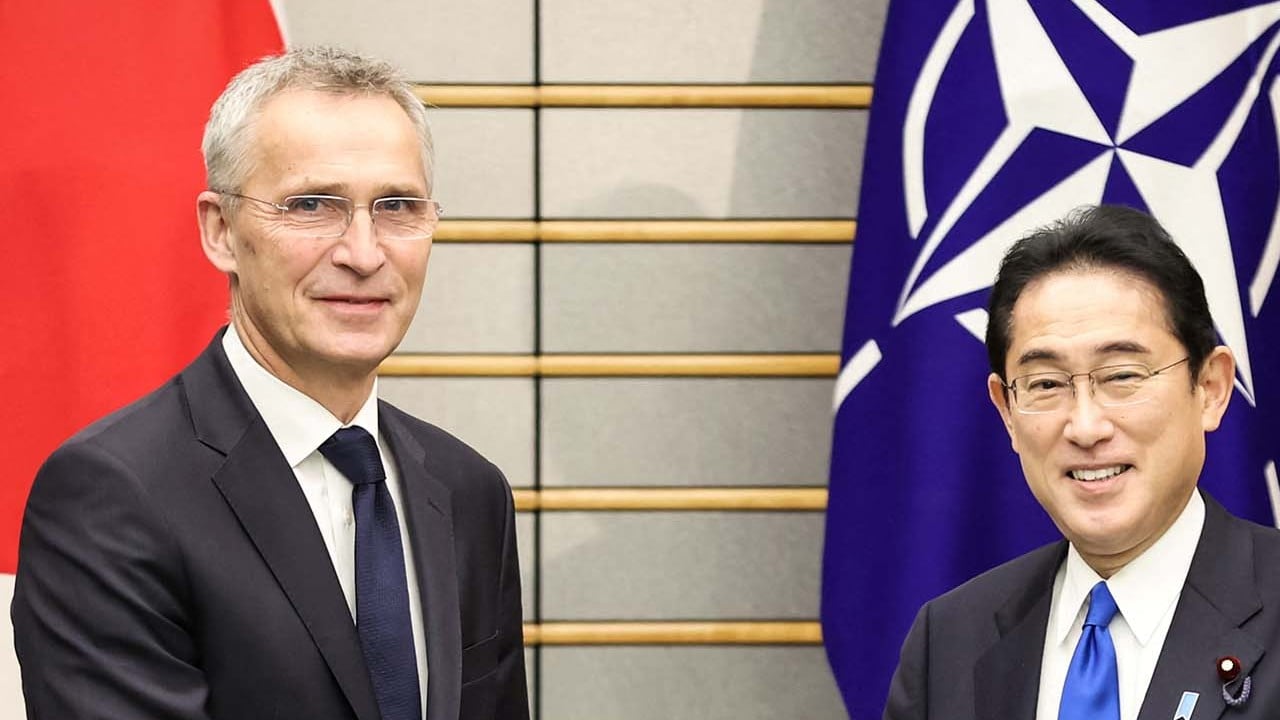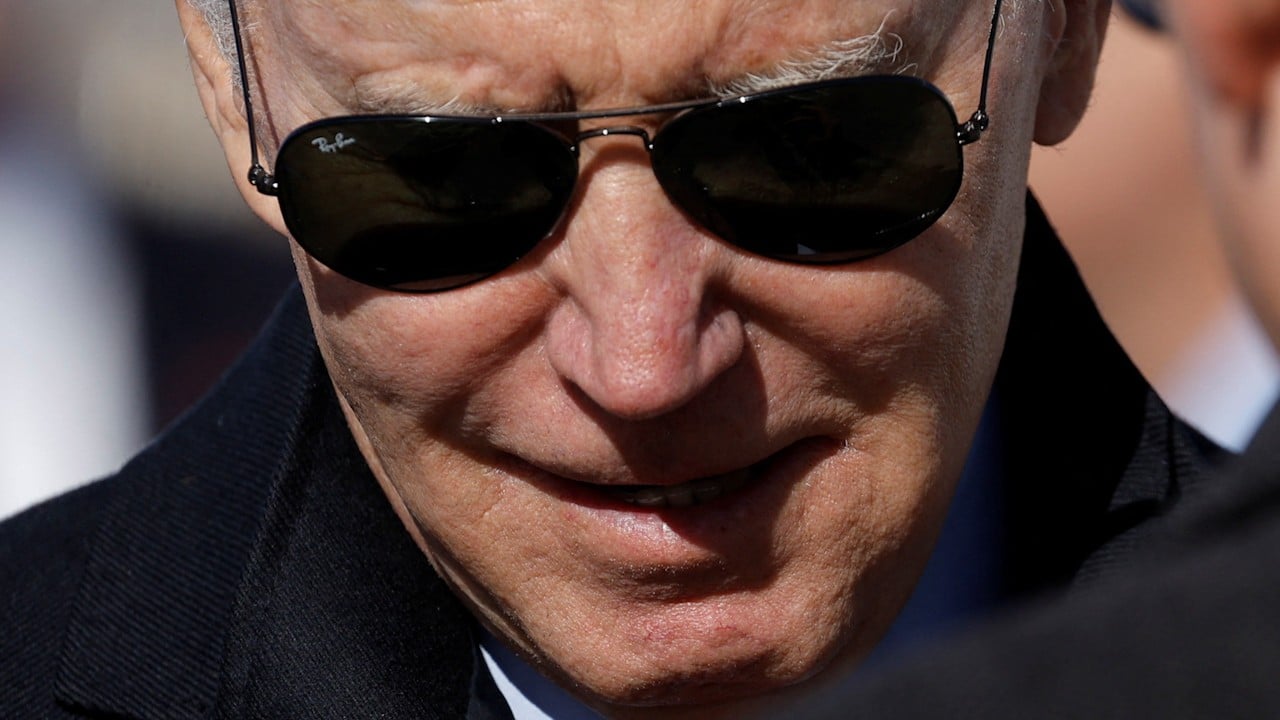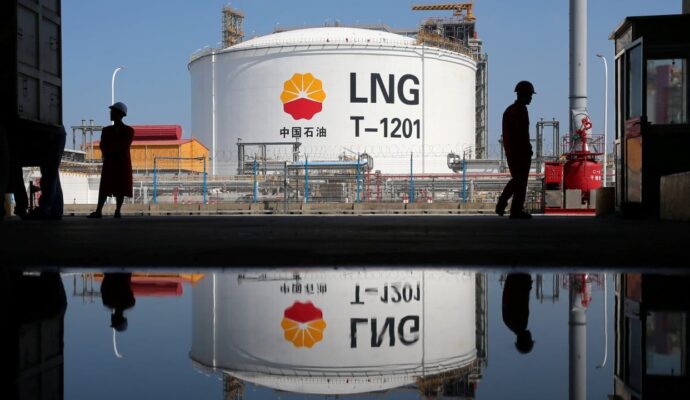
“China is willing to take this visit as an opportunity to work with Russia to promote bilateral relations, continue to advance steadily along the direction set by the two heads of state, safeguard the legitimate rights and interests of both sides, and play a positive role in world peace,” Wang Wenbin said.
Quoting its foreign ministry, Russia’s official Tass news agency reported in January that Xi’s visit to Russia this spring would be a “main event” on the bilateral agenda.
China has been under criticism from the West for its refusal to condemn Russia’s invasion of Ukraine nearly a year ago.
Just before the February 24 invasion, China and Russia hailed their “no limits” partnership – and the two countries have maintained their close relationship since then.
Yang Jin, a Russian affairs specialist at the Chinese Academy of Social Sciences, said Wang Yi’s Moscow trip would pave the way for Xi’s visit.
Yang also said the diplomat’s earlier stops in France, Italy and Hungary would be to convey China’s position on the war.
“[He will first] introduce China’s position to these countries, and have an understanding of each side’s stance on the conflict, and then go to Russia for communication and coordination,” he said.
“[China] hopes to help cool down the situation and [hopes Ukraine and Russia will] walk a peaceful path. This is our goal.”
China’s position on the war – as well as other international security issues – would also be clarified at the Munich conference, Yang said, adding “it is important for big powers to coordinate their positions”.
The foreign the ministry said Wang Yi would deliver a speech to introduce Xi’s views on security issues and China’s positions on “major international issues”.
The three-day conference starts on Friday and among the international leaders attending will be US Vice-President Kamala Harris.
The White House said Harris’ presence would show “our enduring commitment to support Ukraine”.
The conference will take place amid the fallout from the US-China balloon saga, just the latest source of friction between the two geopolitical rivals.



